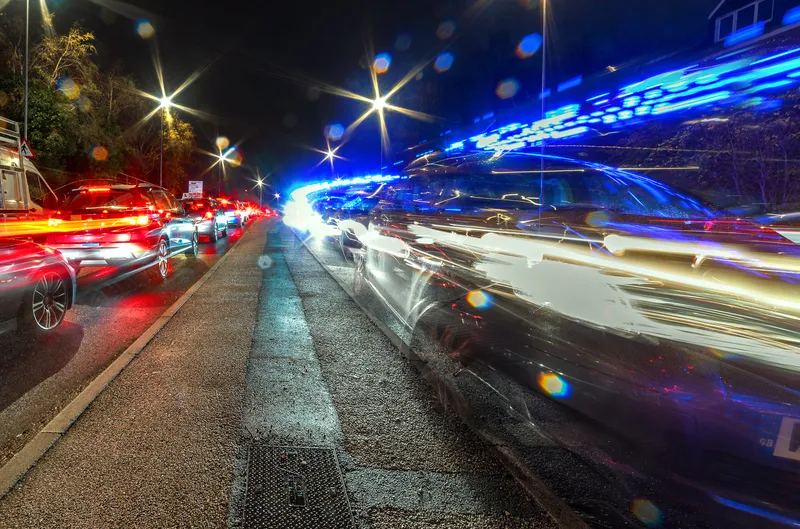Lyons has been professor of transport and society at the University since 2002 and was founding director of its Centre for Transport and Society. His research has focused on understanding and influencing travel behaviour in the context of continuing social and technological change. Lyons has led major studies into traveller information systems, teleworking, virtual mobility, travel time use, user innovation and road pricing, as well as public and business attitudes to transport, while also being involved in many strategic futures initiatives.
Internationally, his experience includes a secondment to the New Zealand Ministry of Transport, examining future travel demand uncertainty and the implications for policy and investment.
Lyons, said: “I cannot recall in my career such a period of significant change facing the transport sector and the profession itself. I am honoured to be joining forces with a company of the calibre and ethos of Mott MacDonald to help respond effectively to that change.”
Jol Bates, MM’s managing director for transportation, added: “Glenn’s appointment brings additional significant skills, knowledge and experience that will help support our clients and develop our staff as we deliver tomorrow’s transport infrastructure, today. The transport sector is transforming and the interaction between emerging technology, policy and governance and public acceptance will present growing challenges for our clients.”
Mott Macdonald appoints Glenn Lyons as chair of future mobility
Mott Macdonald (MM) has appointed professor Glenn Lyons as chair of its future mobility initiative to help develop its transport expertise in understanding and responding to a changing and uncertain mobility landscape, shaped by technological possibilities and societal needs. MM will also sponsor his position at the University of the West of England Bristol. Lyons has been professor of transport and society at the University since 2002 and was founding director of its Centre for Transport and Society. His
January 10, 2018
Read time: 2 mins










